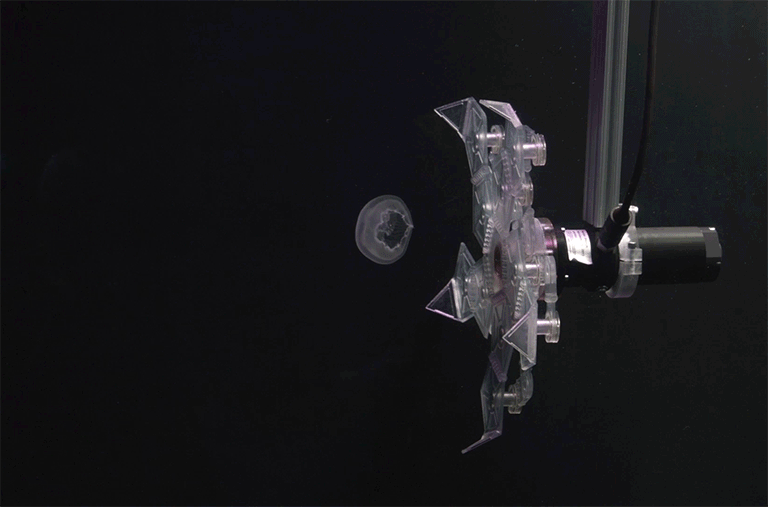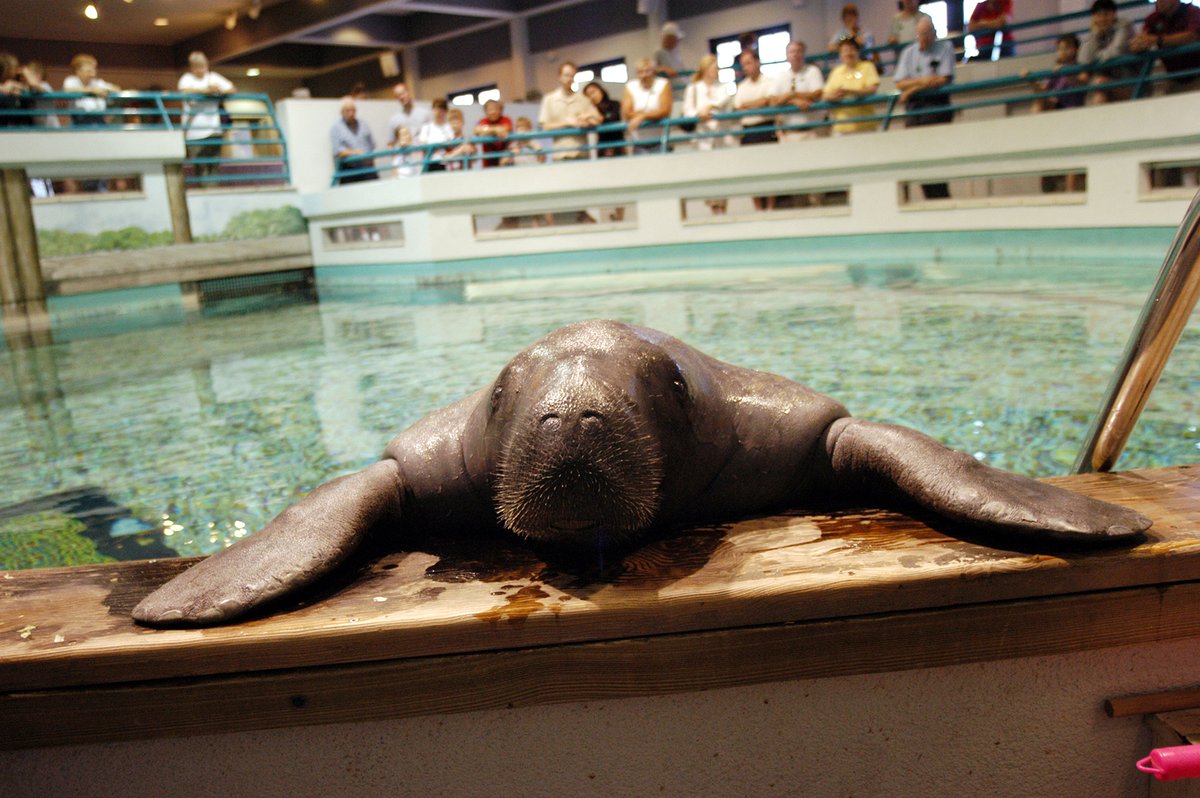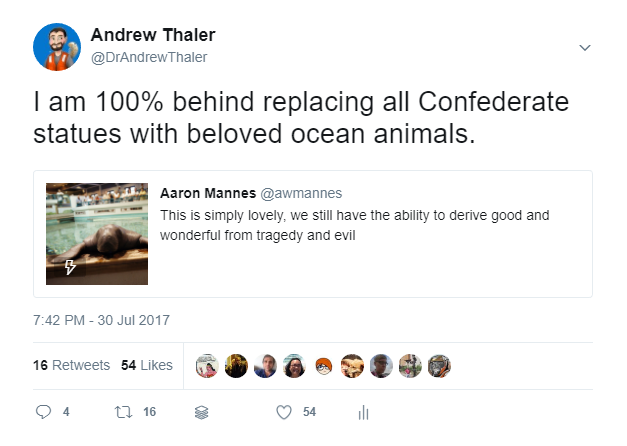
Foghorn (A Call to Action!)
- It’s time for Africosh! The annual Africa Open Science and Hardware Summit Heads is in Dar es Salaam, Tanzania this year!
- LUMCON is hiring! They’re looking for two exceptional coastal and marine science faculty hires in any discipline. And they have the best “come work for us” video!
Flotsam (what we’re obsessed with right now)
- Hakai Magazine is my jam this month.
- How an Epidemic Exposed the Ecological Importance of Sea Stars: The near eradication of British Columbia’s sea stars demonstrated the dynamic role they play in regulating kelp forests.
- How to Dismantle a Blue Whale: In Chile, a team of volunteers confronts stench and gore to ensure a new life for a dead whale. [Warning: Link contains graphic pictures of whale evisceration]
- I’ve been following this project for almost 2 years. Awesome to see how far they’ve come. NinjaPCR is a WiFi enabled, Opensource DNA Amplifier and Thermocycler for Polymerase Chain Reaction developed by 2 hackers in Tokyo.
- Plastic wrap made from shellfish and plants is completely compostable.
Hagfish (just Hagfish)
- Yes, people do eat hagfish. Yum! Snake-like creature writhes, squirms on grill.
- Hagfish are the emissaries of love, not war. Stop it. Synthetic ‘Slime’ To Help US Navy Trap Enemy Ships.




